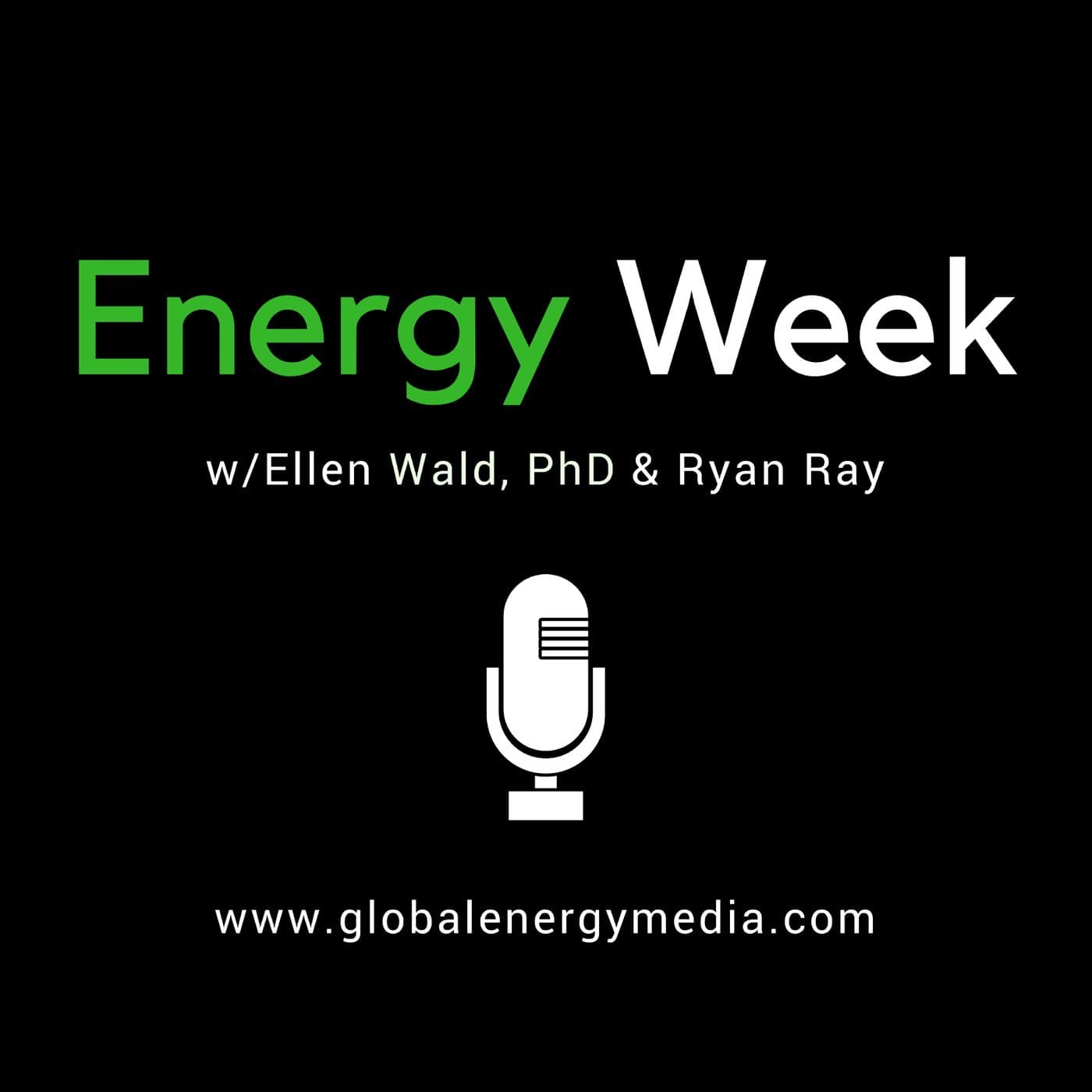Miscellaneous
Reaction to OPEC deal- Not what they wanted, clearly- US pledged to “cut” for Mexico? How does anyone even expect that to work?- Cuts take away from the narrative that demand is gone because governments shut down the economy.- Will this be significant 10-20 years later? Could we see this as the start of a more federal intervention and direction from the oil industry? - could anyone have foreseen that Mexico would hold up an OPEC+ deal? Stunning development. - TRC https://rrc.texas.gov/about-us/commissioners/sitton/news/041320a-commissioner-ryan-sitton-statement-in-advance-of-hearing/U.S., Saudi Arabia, Russia Lead Pact for Record Cuts in Oil Outputhttps://www.wsj.com/articles/opec-allies-look-to-resolve-saudi-mexico-standoff-and-seal-broader-oil-deal-11586695794?Oil futures little changed despite record output cut by OPEC+https://www.reuters.com/article/us-global-oil/oil-futures-little-changed-despite-record-output-cut-by-opec-idUSKCN21U0WQMexico’s secret weapon in the oil price warhttps://www.worldoil.com/news/2020/4/10/mexico-s-secret-weapon-in-the-oil-price-warTrump pledges to help Mexico meet output cuts sought by OPEChttps://www.politico.com/news/2020/04/10/trump-mexico-output-cuts-opec-179275https://www.forbes.com/sites/ellenrwald/2020/04/13/what-will-oil-autocrats-do-now-to-keep-power/#5e5070e63239Dr. Dean Foreman, API- Stunningly weak market in March for U.S. petroleum in API’s MSR- Data based on weekly surveys of 90% of industry- Weekly data has a lot of noise, but monthly data provides much more certainty.- DEmand is DOWN month on month by 900,000 bpd, and year on year 800,000 bpd- translates to 4-5 m bpd on global basis. This says that based on US data, gasoline down, jet fuel down (but surprising its not worse), diesel up between Feb and March (up month to month). Maybe the demand data aren’t as bad as everyone says?! Everyone is racing to the bottom with estimates and API says maybe demand isn’t so bad.- On supply side starting to see a response. Both EIA and API data show US production declined in March- Refineries turned the dial back- But storage doesn’t fill as fast if production (both crude and product) isn’t as much.- This is bad, but maybe its not as bad as we think- SPR storage being made available is helpful at the end of the value chain- WE normally see stock building in Feb and MArch, so question is how much did stocks rise compared to how much they normally rise- Because we are seeing responsiveness on supply side, the market is at work. Easy to take one data point and extrapolate but markets are actually responding to compensate.- Gets to the heart of the Texas pro-rationing issue - if you take a heavy, centralized hand to try and manage the market you may clip off the natural market fluctuations.- Larger decrease in reformulated gasoline than with conventional gasoline. Greater decrease in transportation in urban areas vs. rural areas. - WTI-Brent differential flip: Brent went lower than WTI because of discounts offered by OPEC producers to Asia and drove down Brent as opposed to market forces acting on WTI.- WHy was jet fuel only down 18% year on year in March? Pace of cancellations didn’t pick up until end of March. But also because freight flights picked up even though passenger flights were way, way down. North American foreign flights were up 4%.- TRC testimony: market is taking care of waste. Texas pro-ration would apply disproportionately to the most productive and efficient areas. Could have negative impacts to future if shut in. Could love productivity. On gas side there are signs that could lose permeability if shut in. Alberta example - in late 2018 when WCS was trading at 50% discount to WTI, they didn’t ride out the low prices and incentivize refiners to take the oil instead put into place pro-rations. For a couple months brought prices up (within 15% of WTI) but now its even worse and have foregone investment. Slippery slope, unintended consequences, drop in investment, etc.

